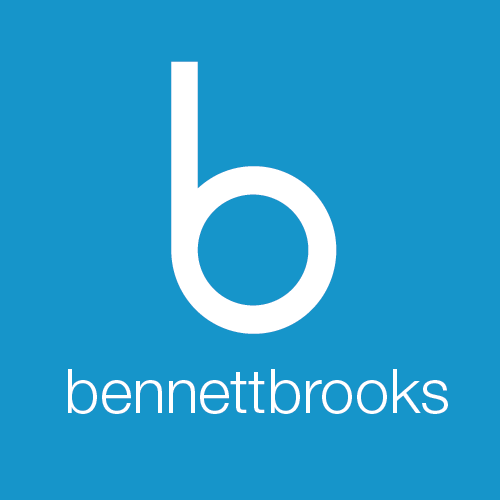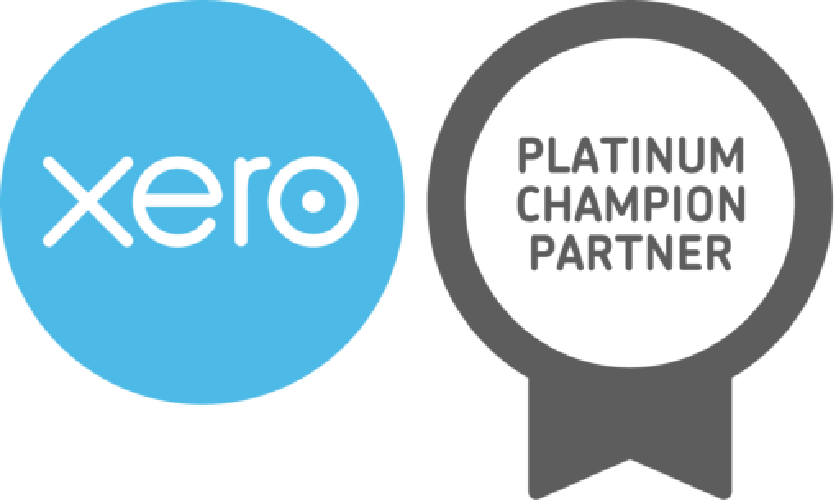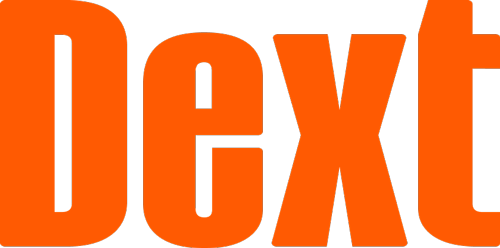in this final part we examine a number of FAQ’s on the topic.
Who is exempt from Making Tax Digital?
In most cases, any sole trader/freelancer/landlord earning more than £10,000 per year will have to sign up for MTD. However, there are exceptions in very specific circumstances, when you may be granted an exemption. Specifically, you can request an exemption if you’re not able to use a computer, the internet, or software. This could be for religious reasons, or because of:
• Your age
• A disability
• Where you live
• or any other reason that makes it impractical and unreasonable for you to use an accounting software tool for your taxes.
If you are reading this guide online, it is unlikely that an exemption will not apply to you—but if it does, you or your accountant will need to contact HMRC to ask for an exemption.
Can I opt out of MTD if I earn below £10,000 a year?
Unless you’re exempt, you’ll have to sign up for Making Tax Digital if you make more than £10,000 per year as a sole trader or through rental income.
HMRC has not yet offered any clarity on whether sole traders will be able to opt out of MTD if their income drops below £10,000—or whether those earning less than this amount will be able to sign up voluntarily.
Further guidance will be released closer to 2024 and we will be keeping a watchful eye on any announcements.
Do I need to digitally store receipts and invoices?
No—you can still keep your paperwork on paper if you want to. However, each transaction needs to have a digital record attached to it, and the amount concerned needs to be allocated to the correct income or expense category within your accounting software. The total amount in each of these categories (and not individual transactions or scanned receipts) needs to be submitted to HMRC each quarter.
Will I still be able to file paper tax returns?
If you are registered for Making Tax Digital, your tax information will need to be submitted digitally. If you earn under £10,000 per year, MTD will not apply to you, so it is likely that you’ll be able to continue filing paper returns if you prefer.
Can I still send handwritten or printed invoices?
Yes, you can still create handwritten invoices or print them out to send to your clients under MTD. These will need to either:
• Already form part of your digital records, i.e. an invoice created in your accounting software and printed to send to a client
• Be added to your digital records as soon as possible after the transaction
Bonus tips to help you prepare for MTD for ITSA
Work out whether you need to sign up in advance
To avoid any last-minute stress, it is a good idea to find out if you need to sign up for MTD before the deadline comes around. We are looking at all of our current clients and will be getting in touch if them if they clearly fall within the criteria but if you are a sole trader and you earn over £10,000 per year (before tax) from your trade or rental income (or a combination of both) or you expect to breach this threshold in the next two years, you will have to sign up.
This is likely to be based on your last tax return, so if you don’t earn more than £10,000 in the tax year 2022–2023, you won’t need to sign up just yet.
Sign up ahead of time
If you do need to sign up, the deadline will be 6th April 2024. However, it is a good idea to plan ahead and sign up before this date.
HMRC is currently running a pilot scheme, so you can actually sign up voluntarily already if you want to. However, there are only a limited number of software options available at the moment, and the pilot scheme is currently only open to sole traders with income from only one business.
Please ask us if you would like to explore the pilot.
Optimise your admin processes
Making Tax Digital could be a great opportunity to review your business admin processes and make sure they’re as efficient as possible. OK, this isn’t a very exciting prospect—but if you’re still using spreadsheets or a paper-based system to record your income and expenses, now might be a good time to take the leap and find an easier, more modern solution. There are some significant benefits to be had.
Get used to using accounting software
Making Tax Digital for Income Tax will not be mandatory until 6th April 2024, which means that you do not need to start using accounting software to keep digital records until then.
However, it is always good be prepared, and you can take the first step towards being MTD-ready by signing up for some simple bookkeeping software today—you never know, it might even make your life easier in the meantime!
We hope our 3 blogs on MTD for ITSA have been of help and that we have answered many of the questions you may have had. Should you need any further assistance or have more queries, please don’t hesitate to contact us. Call 0345 330 3200 today and the team will put you in touch with our MTD expert in your nearest office.
You can also email us at hello@benettbrooks.co.uk, we are here to help!
Autumn Statement roundup
On 22 November 2023, Chancellor Jeremy Hunt presented his Autumn Statement to Parliament and started making, in his words, the long-term decisions necessary to strengthen the economy and build a brighter future. Fuelled by falling inflation and stabilised public finances, focus is now being applied to reducing debt, cutting tax and rewarding hard work.
Thoughts on the Autumn Statement by Mary Tierney, Tax Director
Thoughts on the Key points from the Autumn Statement by Mary Tierney, Tax Director
Changes to UK Company Law: Companies House Implements Robust Measures to Combat Economic Crime
The Economic Crime and Transparency Bill achieved Royal Assent and became law on 26 October 2023. This means there are changes ahead in Companies House measures targeted at disrupting economic crime such as identity verification for all directors and increased enforcement powers for Companies House.
The Impact of cancelling HS2 Northern on Farmers and Landowners going through compulsory purchase
With the recent announcement that the northern leg of HS2 will be scrapped, many of those already impacted by the scheme are left with great uncertainty. With the announcement of ‘Network North’, many more will be impacted in the future.
Death and taxes…….on investments bonds
Anthony Whittaker, Client Director (Trusts and Estates) talks about the intricacies of taxation on investment bonds following a death.
Solar panels for bennettbrooks Leek office
As part of our commitment to becoming a B Corp organisation, bennettbrooks have had solar panels installed at our Leek office on Cross Street.
Purchasing a commercial property? Your accountants advice could save you thousands
Llandudno director, Andrew Filbee explains why its not just property agents and solicitors that should be involved when a business is looking at buying a commercial site. An accountant can offer invaluable advice that could save businesses thousands of pounds in tax relief.
HMRC consultation on Employee Ownership Trusts (EOT’s)
EOTs have been and continue to be an effective and useful tool when considering exit and succession planning. The consultation addresses some of the obvious and common issues that have arisen over the past 10 years, and many of these have been highlighted already by the professional accountancy and tax bodies.
Inheritance Tax Strategies
The agricultural industry has many opportunities for an individual to benefit from Inheritance Tax (IHT) reliefs, as a result this has many individuals believing they will not have an inheritance tax liability. In many instances farmers will be covered by Agricultural Property Relief (APR) and Business Property Relief (BPR), however, certain business structures can limit these reliefs
How hard is it to get an R&D claim correct?
Our team have considerable experience in this area and this is probably why, as an advisor who works with many clients on R&D claims, we have had minimal issues arising from the random enquiries.
R&D tax relief is offered to encourage innovation and advances within businesses, and working with a tax accountant with a thorough knowledge of the rules and wide practical experience is essential.





